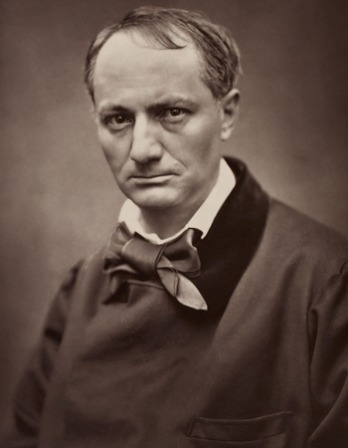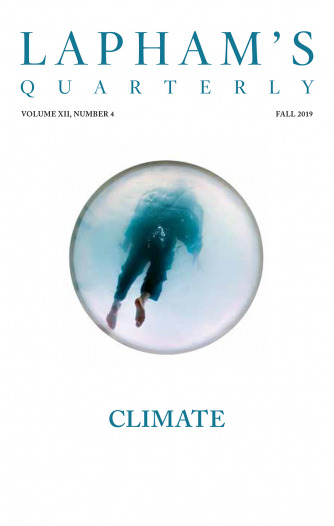A man who lives by the sea tells of a young boy who, preparing to eat some candy, tied the string of his kite around his waist. Suddenly, a great wind started to blow, sweeping the kite off toward the sea. The boy fell to his death. When his body was recovered, the candy was found still clutched in his hand.
(The kite speaks:)
When the wind is gentle
and I want to rise
I cannot rise.
When the wind is strong
and I want to land
I cannot land.
Can I cross the ocean?—Depend on me
to make it by myself;
What a shame that I have carried a boy—
as he ate some candy—
to his death.
Translated by Jonathan Chaves. © 1986, Columbia University Press. Used with permission of Columbia University Press.
“A Kite.” After failing the civil-service examination on eight occasions, Xu became the personal secretary to a military commander in 1558 and assisted in defending his hometown from the attacks of Japanese pirates. After his patron’s downfall and death, he was faced with serious professional difficulties and, either insane or faking it effectively, attempted suicide by pushing an awl through his ear and pounding his testicles with a hammer. Later, he killed his third wife and went to prison but won release after seven years.
Back to Issue





